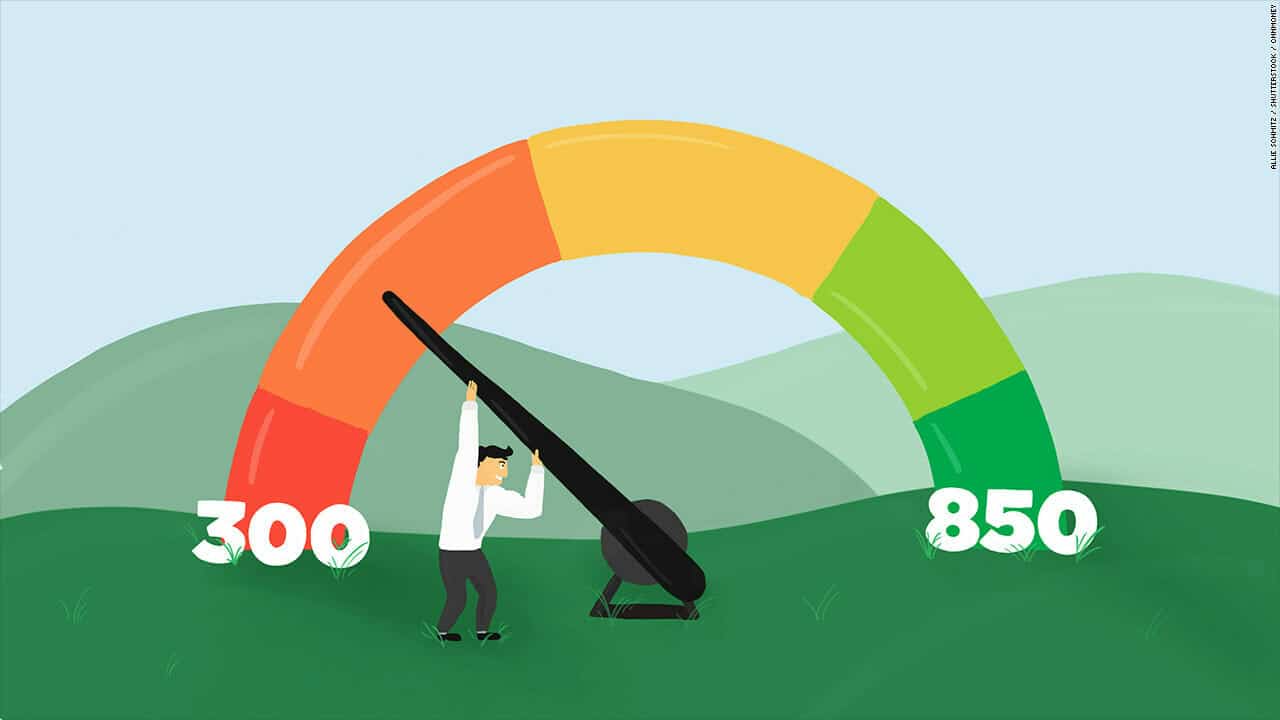Buying a house is a long-held tenet of the American Dream, one of the milestone markers of adulthood. But there are a lot of misconceptions about homeownership.
And there is a lot of misleading information about the process of how to buy a house, some of it seems deliberately misleading. An uninformed buyer is an easy mark for predatory real estate agents, home inspectors, contractors, banks, and mortgage brokers.
Buying a house to live in rather than to rent out is not an investment.
“In reality, it’s usually a terrible investment,” he says. That’s because, at the end of the day, owning a home takes money out of your pocket: “You’re paying property taxes, you’re paying maintenance, you’re paying insurance. There are all of these other things that happen with your home that you’ve got to pay for.”
But every decision we make doesn’t have to be based strictly on dollars and cents. No matter what we are, anyone else tells you, sometimes you just really want a house. A home of your own feels like stability. It allows you to put your stamp on your environment. A home is something a lot of people want when they decide to have children.
We respect all of those reasons, so if you’re bound and determined to do it; we want to show you the smart way to buy a property.
Step 1: Determine How Much House You Can Afford
Decide why you want to buy a house. Many people feel its part of adulting and do it because everyone around them is. A home is not an investment. You plug your rent into a mortgage calculator and see that you could have a whole house for what you’re “throwing away on rent.” But the mortgage payment alone doesn’t tell the entire story.
You don’t want to become “house poor.” Your overall housing cost should not exceed 25-33% of your TAKE HOME PAY — factor in things like property taxes, HOA fees, and maintenance costs.
If your net income is $6,000 a month, your total housing expenses shouldn’t exceed $2,000 a month. Research the property taxes in the area you want to buy in. In New Jersey, there are towns that taxes are 24K per year. That’s an extra $2,000 per month on top of your mortgage.
Remember what Ramit told us about money dials? That you’re allowed to spend money on things you enjoy so long as you spend less on other areas. Can a house be a money dial? Maybe you’re a homebody; you work from home, you participate in hobbies at home, you don’t like to travel.
Staying in is the new going out.
Tweet ThisWell no. Because a dial can be turned up or down. You can’t dial down your housing expenses once you’ve bought a house in the event of some kind of financial downturn. The mortgage and other costs must be paid.
Step 2: Are All Your Ducks in a Row?
There are a lot of pieces that have to be in place before you can consider buying a home.
- You must be (high interest) debt-free.
- Your emergency fund contains 3 to 9 months of expenses.
- Mint is tracking your spending, and you know how much you spend each month.
- You have a credit score of at least 760, the score needed for the best interest rates
- You have at least 25% for a downpayment and closing costs.
No one who has credit card debt should even think about buying a house. Take out a personal loan if your credit score is good enough and pay it off. If you can’t get a loan, use the snowball or stacking method to pay it off efficiently.
An emergency fund will be even more critical once you’re a homeowner. If the HVAC system goes out in your rental, that’s the landlord’s problem. If it goes out in your home, it’s your problem.
A lot of people think budgeting is only for poor people, but everyone needs to know where their money is going. That’s especially true if you’re making the biggest purchase of your life.
If your credit score isn’t optimal, there are hacks to bring it up quickly. Apart from taxes, interest is the most expensive part of life. Getting the best rate on your mortgage will save you thousands on your mortgage over time.
If you don’t put down 20%, you’ll be stuck paying PMI which has zero benefits to you. It’s meant to protect your lender. You’ll have to pay closing costs too. A good rule of thumb is to set aside 3 to 5% of the purchase price for closing. You’ll also need mone for moving expenses and any upgrades or renovations that the house needs.
Get our best strategies, tools, and support sent straight to your inbox.
Step 3: Know Your Mortgage Options
Many homeowners opt for a 30-year mortgage. If you can afford a 15-year mortgage, you’ll save thousands. But is that the right decision? Andrew and Laura use a 7/1 ARM strategy. Oooh! But what if interest rates go up, up up?
The risk of rising interest rates is overblown.

And if they did go up? Just refinance the mortgage. Getting a shorter-term mortgage or paying off your mortgage more quickly is not an investment. Interest rates are about half of what you can expect on average when you invest. A reader over at Mad Fientist shared the results of an experiment that will prove enlightening to anyone trying to decide between investing and paying off their mortgage.
Get mortgage pre-approval before you start shopping.
Getting preapproved for a mortgage is a crucial step in the home-buying process.
Preapproval should be among the very first you take because a preapproval gives you an idea of how much you can borrow.
It lets sellers know you have the borrowing power to back up an offer you make to buy their home. It tells real estate agents, who work on commission, that spending time on you could well pay off with a transaction. And it alerts lenders that you’re a savvy borrower who may soon be taking out a mortgage.
Step 4: Finding the Perfect Home
This is the BIGGEST purchase of your life and should be treated that way. Don’t get discouraged if you’ve been looking for weeks and haven’t found the right house. There is always a deal, always a home.

Get to really know the area you’re shopping in. The house itself is only part of it. What is the street like, what is the neighborhood like, what is the surrounding area like? You’re going to be here for years, maybe decades. You have to like the whole area, not just the house.
Get more than one real estate agent. They’re all going to show you different houses, have a different perspective — the bigger your team, the better (within reason).
Look for problems. Sure you’re dazzled by the renovated kitchen, but it’s the problems with a place that you can use as negotiating points to get a better deal.
Make a list of non-negotiables but be flexible. Sure, everyone wants a fireplace, but how often are you going to use it? Often enough to walk away from an otherwise great deal on a great house because it doesn’t have a fireplace?
Know when to walk away. A bidding war may be reason enough even if you really want the house. If your offer is too high and the home is appraised for lower than your offer, you risk being refused a mortgage. The bank doesn’t want to give you a loan for more than the house is worth in reality.
Step 5: Shopping For a Mortgage
Your credit score determines your interest rate, so don’t consider buying a home until you’re above 760. Being declined for a mortgage will negatively impact your credit score.

Where is your debt-to-income ratio? This number is all of your monthly debt payments divided by your gross monthly income. Lenders use this number to determine your ability to repay borrowed money. Most mortgages have a maximum back-end DTI ratio of 43%.
Banks will require you to have reserves above the down payment and closing costs because they don’t want to lend to someone who is going to be house poor.
Start by searching mortgage rates online. You can play around with lots of scenarios, including different credit scores and loan terms. These rates are an estimate but a good starting point. Once you have a few quotes, you can compare them and choose the right option for you.
Think it Through
Buying a house can be like going to college or having kids. Everyone seems to be doing it, but that doesn’t mean it’s the right decision for everyone. You can be successful without a college degree, you can be happy without having kids, and you can have a place to live without buying a house. And really, eschewing all three of these things may put a lot more money in your pocket.
Because sometimes the answer to the question “How to buy a house?” is not to.
Show Notes
Psionic Blackberry: A sour from Unsung Brewing.





